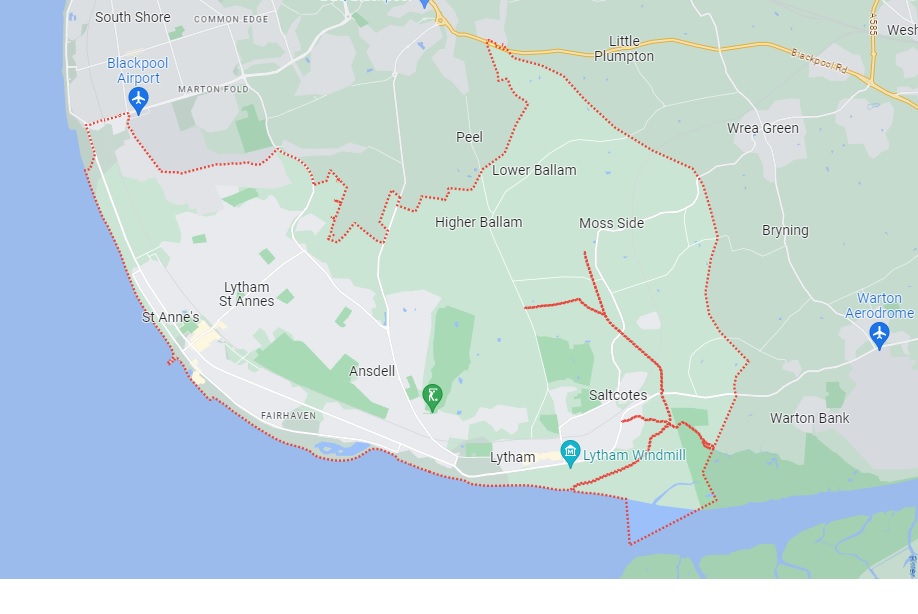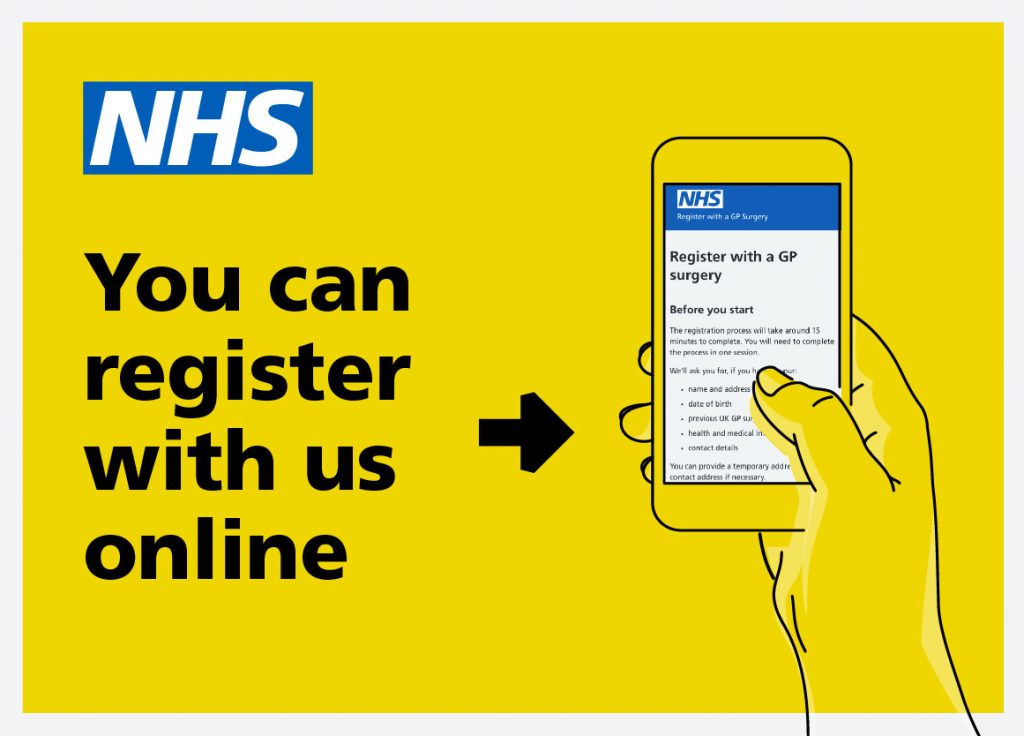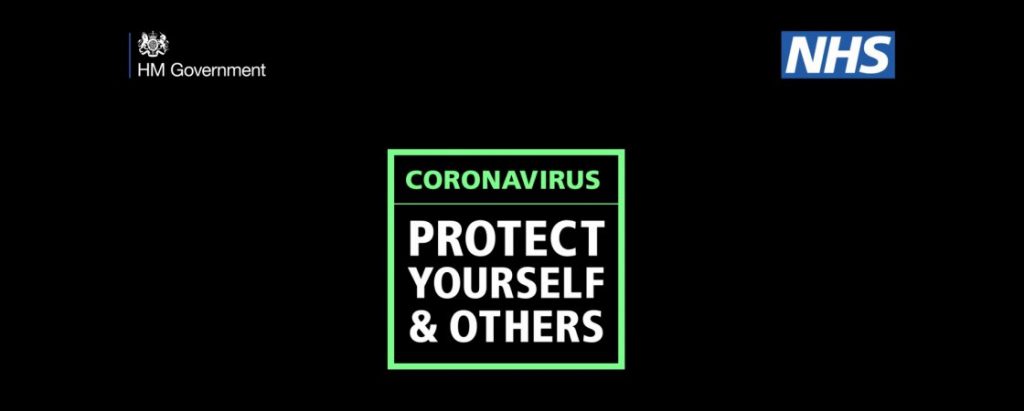1. Get Active
It’s the perfect time to get active. No matter how much you do, physical activity is good for your body and mind. Adults should aim to be active every day. Some is good – more is better still.

A daily brisk walk can give your body a boost, lift your mood and make everyday activities easier.
Boost your fitness with fun and practical ideas to help you get into shape, including Couch to 5K, Active 10 and the NHS Fitness Studio
2. Quit Smoking

Stopping smoking is one of the best things you will ever do for your health. So make this January your fresh start and join the thousands who are quitting. Check out the NHS better health website for advice, tools and tips. Including the free NHS Quit Smoking app!
3. Quit or Drink Less Alcohol
Cutting back on the booze can be a really effective way to improve your health, boost your energy, lose weight and save money.
Any reduction in the amount you drink every week will be beneficial – and with the right help, it’s easier than you think.

Use the NHS website to calculate your units, get tips on cutting down, track your drinking and download the free Drink Free Days app to manage your habits.
4. Eat more Fruit and Veg
Whether you’re cooking for a family or eating on the go, the NHS tips and recipes can help you get your 5 A Day

Evidence shows there are significant health benefits to getting at least 5 portions of a variety of fruit and vegetables every day. That’s 5 portions of fruit and veg in total, not 5 portions of each. A portion of fruit or vegetables is 80g.
5. Lose Weight
If you’re overweight, losing weight has many health benefits. Making small, simple changes to what and how much you are eating and drinking can really help you lose the pounds.

Get practical tips to lose excess weight, including getting started, healthy food swaps, and a 12-week weight loss plan by downloading the free NHS Weight Loss Plan app.
6. Have Fun!
List some fun things to do – not all resolutions have to be about self-discipline and self-improvement. One of the best things for your mental health is to unwind, have a laugh or feel fulfilled.

Whether you want to tick something off the bucket list or start that hobby you’ve always put off, have no shame or fear doing what your heart desires. Why not try booking a trip out of town with friends, a nostalgic visit to an arcade or amusement park, painting, joining a class or sports club. It can be simple and small, as long as you enjoy yourself!
7. Limit Screen Time
Many people depend on their phones and computers for work and entertainment. However, spending too much time on electronic devices — particularly on social media — has been linked to depression, anxiety, and loneliness in some studies.

Setting a resolution to cut back on the time you spend scrolling through social media, watching TV, or playing computer games may help boost your mood and enhance productivity.
8. Reduce Stress
Most people feel stressed sometimes and some people find stress helpful or even motivating. But if stress is affecting your life, there are things you can try that may help.

- Try talking about your feelings to a friend, family member or health professional. You could also contact Samaritans, call: 116 123 or email: [email protected] if you need someone to talk to
- Find out more about 10 stress busters – including getting started with exercise and setting aside time for yourself
- Use easy time-management techniques to help you take control
- Use calming breathing exercises
- Plan ahead for stressful days or events – planning long journeys or making a list of things to remember can really help
- Consider peer support, where people use their experiences to help each other. Find out more about peer support on the Mind website
- Listen to free mental wellbeing audio guides
9. Get Better Sleep
Good-quality sleep makes a big difference to how we feel, mentally and physically, so it’s important to get enough. Watch this video on simple tips for better sleep

Visit the NHS every-mind-matters website for more tips and advice.
10. Practice Self-Care
Taking time for yourself is not selfish. In fact, it’s imperative for optimal health and wellbeing. This is especially true for those in caretaker roles, such as parents and healthcare workers.

For people with busy schedules and limited time, making a resolution to engage in self-care may take some planning. However, it’s well worth the time investment.
Self-care doesn’t have to be elaborate or time consuming. It can simply mean taking a bath every week, attending your favourite weekly yoga class, preparing a healthy meal for yourself, going for a walk in nature, or getting an extra hour of sleep.



